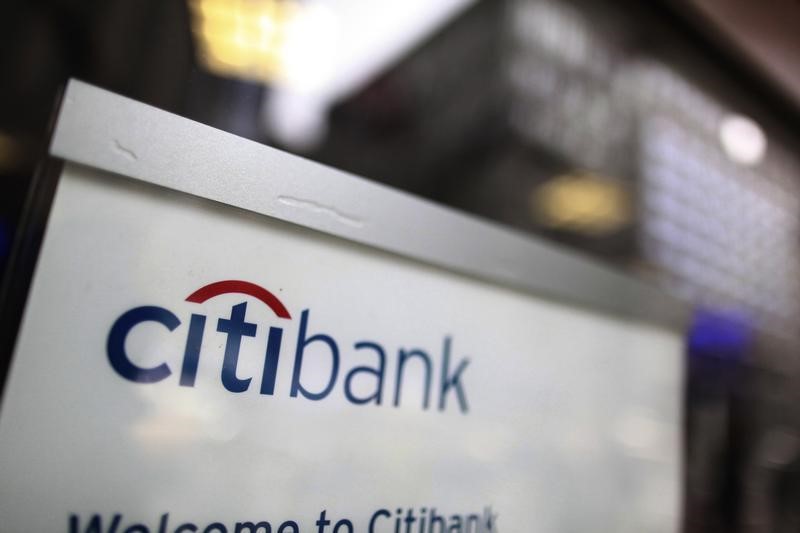In the latest development in the ongoing competition between traditional banking institutions and tech giants, major American banks are preparing to introduce a mobile wallet, Paze, which will connect directly with the credit and debit card accounts of 150 million customers. The app, scheduled for launch next year, is a collective effort by JPMorgan Chase (NYSE:JPM), Bank of America (NYSE:BAC), Wells Fargo (NYSE:WFC), and others. Early Warning Services, which operates the payment app Zelle, will manage Paze.
This move marks a significant shift in strategy for these banking giants. Previously, they believed they could individually compete against Big Tech and emerging fintech startups. However, the rise of tech giants like Apple (NASDAQ:AAPL) and Google (NASDAQ:GOOGL) in the financial services sector has led these banks to reconsider their approach.
Over recent years, JPMorgan Chase has partnered with Amazon (NASDAQ:AMZN) and Apple to expand their banking services. In a similar vein, Citi has inked a deal to finance Amazon's installment payment offering. This trend is not just confined to the United States. In Europe, Lloyds Banking Group (LON:LLOY) is exploring partnerships with fintech companies, while Orange's banking division in France has made deals with fintechs Younited and Mambu for digital lending and online banking platforms respectively.
Nevertheless, these collaborations have not been without regulatory scrutiny. Regulators are increasingly concerned about potential risks these partnerships could pose to banks and the wider U.S. banking system.
The mobile wallet market has become a key area of competition between banks and tech companies. Banks have traditionally dominated consumer payments but the rise of Apple Pay has challenged this dominance. While Apple does not disclose official usage statistics for its mobile wallet, it is reported that over 500 million users have adopted Apple Pay in just five years.
In hopes of emulating their success with Zelle - which since its 2017 launch has become the largest peer-to-peer payment app with transactions totaling $629 billion last year - banks are launching Paze. Yet, the handling of fraud cases involving Zelle has drawn criticism towards these banks.
The success of Paze will largely rely on banks' willingness to allow it to connect directly to customers' bank accounts, giving it a potential advantage over Apple Pay. The Paze team recently recruited Cameron Fowler, a top executive from BMO (TSX:BMO) Financial Group, as its next CEO. However, details about Paze's functionality and whether users will be able to access their account information through the app remain limited.
With tech companies continuing to expand their financial services offerings and banks striving to maintain their market share, the future of the financial services industry remains uncertain.
This article was generated with the support of AI and reviewed by an editor. For more information see our T&C.
